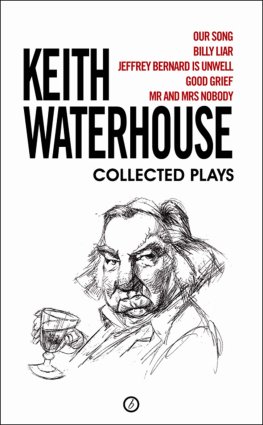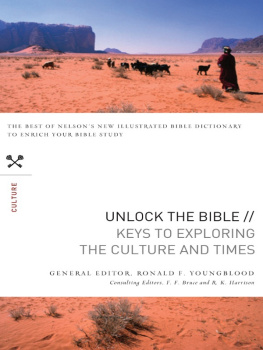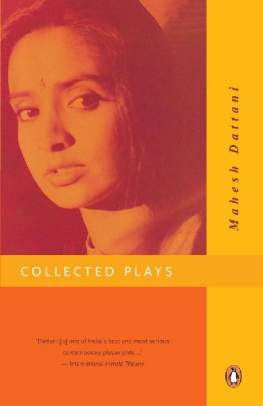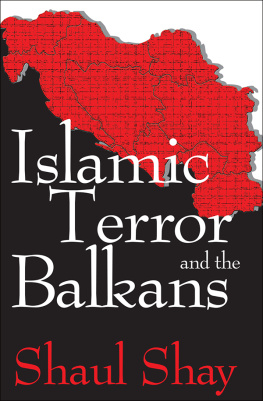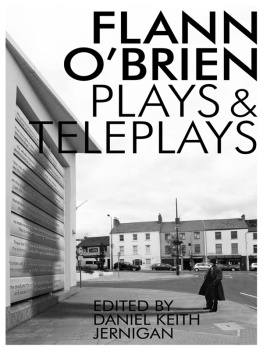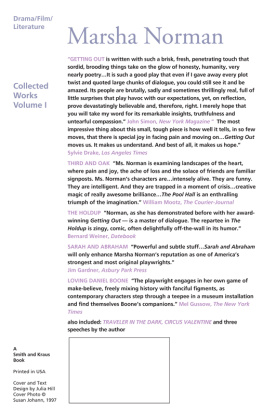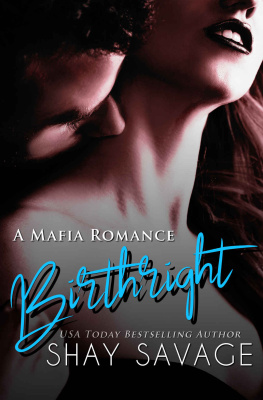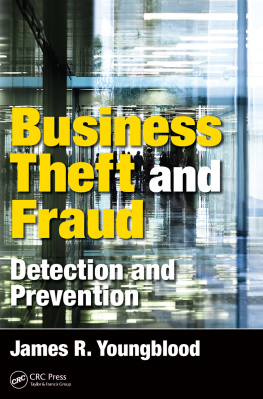Shay Youngblood - Collected Plays
Here you can read online Shay Youngblood - Collected Plays full text of the book (entire story) in english for free. Download pdf and epub, get meaning, cover and reviews about this ebook. year: 2016, publisher: Shay Youngblood, genre: Detective and thriller. Description of the work, (preface) as well as reviews are available. Best literature library LitArk.com created for fans of good reading and offers a wide selection of genres:
Romance novel
Science fiction
Adventure
Detective
Science
History
Home and family
Prose
Art
Politics
Computer
Non-fiction
Religion
Business
Children
Humor
Choose a favorite category and find really read worthwhile books. Enjoy immersion in the world of imagination, feel the emotions of the characters or learn something new for yourself, make an fascinating discovery.

- Book:Collected Plays
- Author:
- Publisher:Shay Youngblood
- Genre:
- Year:2016
- Rating:3 / 5
- Favourites:Add to favourites
- Your mark:
- 60
- 1
- 2
- 3
- 4
- 5
Collected Plays: summary, description and annotation
We offer to read an annotation, description, summary or preface (depends on what the author of the book "Collected Plays" wrote himself). If you haven't found the necessary information about the book — write in the comments, we will try to find it.
Collected Plays — read online for free the complete book (whole text) full work
Below is the text of the book, divided by pages. System saving the place of the last page read, allows you to conveniently read the book "Collected Plays" online for free, without having to search again every time where you left off. Put a bookmark, and you can go to the page where you finished reading at any time.
Font size:
Interval:
Bookmark:
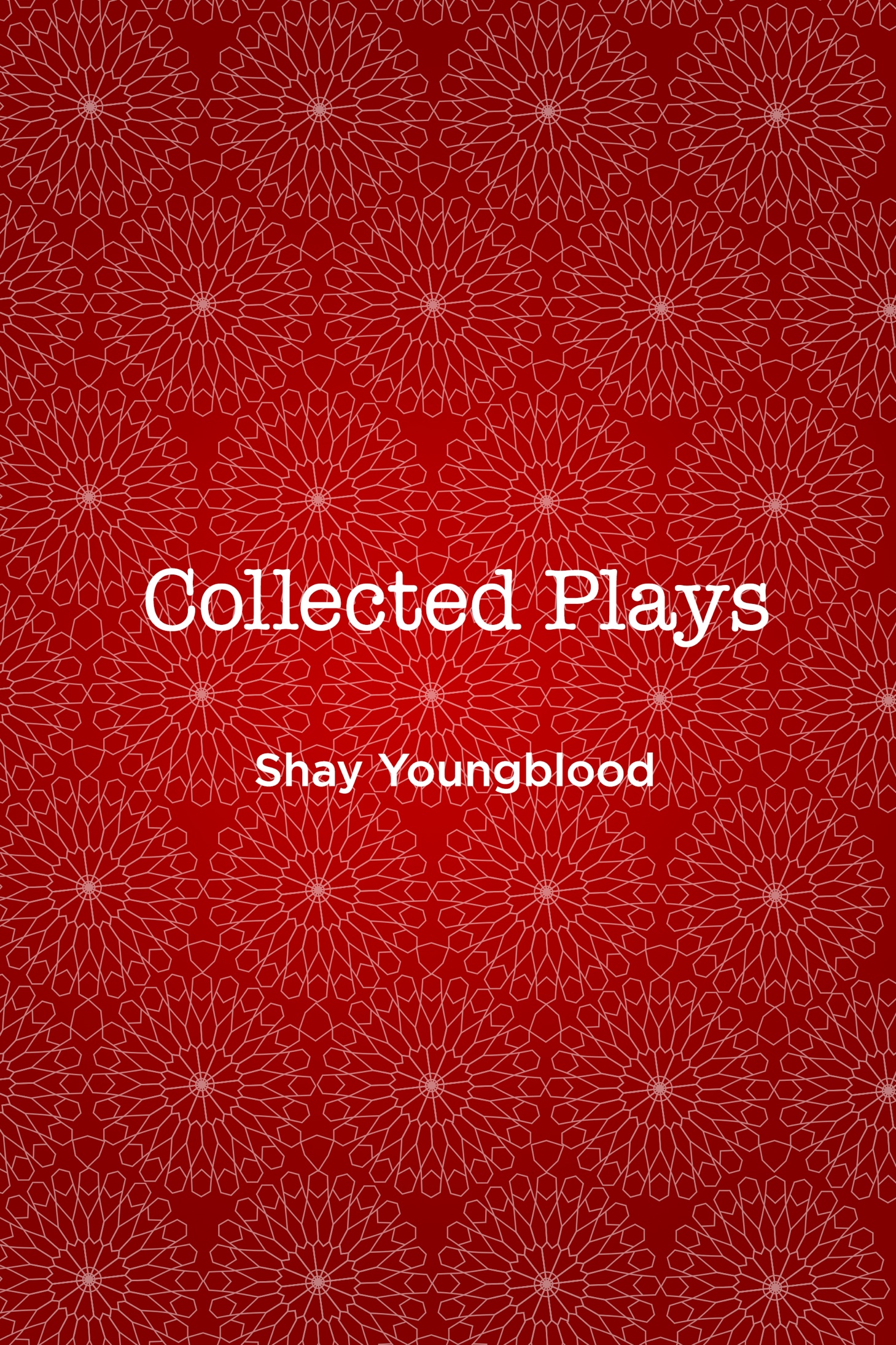
Collected Plays
Shakin' the Mess Outta Misery
Flying Blind
Square Blues
Talking Bones
There are Many Houses in My Tribe
Blue Cloud Press
copyright 2014 Shay Youngblood
*** NOTICE****
The amateur and stock acting rights to Shakin' the Mess Outta Misery, Talking Bones and Amazing Grace are controlled exclusively by THE DRAMATIC PUBLISHING COMPANY (all other play permissions should be directed to youngbloodarts@gmail.com) without whose permission in writing no performance of it may be given. Royalty fees are given in the current catalog and are subject to change without notice. Royalty must be paid every time a play is performed whether or not it is presented for profit and whether or not admission is charged. A play is performed anytime it is acted before an audience. All inquiries concerning amateur and stock rights should be addressed to:
DRAMATIC PUBLISHING
PO Box 129, Woodstock, Illinois 60098
All rights reserved. This book, or parts thereof, may not be reproduced in any form without permission. This work is fully protected by copyright. No alterations, deletions or substitutions may be made in the work without prior written consent of Dramatic Publishing Company. It may not be performed either by professionals or amateurs without payment of royalty. All rights, including but not limited to the professional, motion picture, radio, television, videotape, foreign language, tabloid, recitation, lecturing, publication, and reading are reserved. On all programs this notice should appear:
Produced by special arrangement with The Dramatic Publishing Company of Woodstock, Illinois
Although this play contains incidental references to actual people and places, these references are used to lend the fiction a realistic setting. All other names and characters, places and incidents are the products of the author's imagination. Any resemblance to actual persons living or dead, events or locales is entirely coincidental.
Book cover design Jessie Glass
www.shayyoungblood.com
DEDICATION
To all my Big Mamas now living and those whose spirits have passed on. This edition of Shakin is also dedicated to Glenda Dickerson (1945 - 2012) who directed the original stage play.
TABLE OF CONTENTS
Shakin' the Mess Outta Misery
SHAKIN THE MESS OUTTA MISERY was first presented by Horizons Theatre Company in a workshop production at Spelman College in Atlanta, Georgia in July 1988 directed by Elizabeth Omilami.
The play premiered in Atlanta at Horizons Theatre Company in October 1988. Set Design by Tom Brown, Lighting by Liz Lee, Costumes by Yvonne Lee, Music by Valetta Anderson. Glenda Dickerson directed the following cast:
Daughter.Marguerite Hannah
Big MamaGeorgia Allen
Aunt Mae.Ginnie Randall
Fannie Mae..Valarie Eileen Henry
Miss Corine/Miss TomMary Calloway
Miss Mary/Miss Shine.Carol Mitchell-Leon
Maggie/Dee Dee..Margo Moorer
Miss LamamaElizabeth Omilami
Acknowledgements
SHAKIN THE MESS OUTTA MISERY benefitted richly from the editing and dramaturgical advice provided by Gayle Austin, Isabelle Bagshaw and Glenda Dickerson. Special thanks to Isabelle Bagshaw for her listening ear and loving support.
Authors Note
My life as a writer was rather accidental. I began writing because I had nowhere else to put my emotions. There seemed no other way to express my anger at injustice, my wonder, my grief, my perplexity and the sea of feelings that seemed too big to fit inside me. The first poem I remember writing was about what I perceived as an injustice. At the age of ten many things seemed unjust to me. I was lying on the floor of my grandmothers living room watching the evening news. It was reported that Howard Hughes, the richest man in the world at that time, was renting the top floor of a Las Vegas Hotel for what was to my mind, an astronomical amount of money per day. I knew kids in my neighborhood that slept three or four to a bed and sometimes missed school because they were embarrassed there were holes in their shoes or because they had to wear flip-flops in winter. I was confused and angry. I wondered how such extreme poverty could exist in what I had always heard as fact, that America was one of the richest countries in the world. After I wrote a poem I felt better. This is when I began to believe in the power of the word.
While working on my first collection of short stories, The Big Mama Stories I was living in a tiny one room house in a small village in the South of France in the middle of winter.
I wanted to give the women who raised me a voice, most of them didnt read or write. I was conscious of wanting to capture everyday speech, the music in the language and expressions of the people around me who I thought of as my heroes, ordinary women who made it their business to teach me how to live in the world I was born into. I wanted to literally put words in their mouths, to write the way they spoke, to redefine what made a family. I wanted to go home again. For months I revisited my vivid childhood memories in South Georgia while living in the South of France.
After my birth mother died when I was two years old, I was raised by a community of women in their fifties and sixties when I was born, not all of them related to me by blood. I grew up with very clear boundaries, with a fixed notion of my place in society. Blacks and whites did not live together, eat together or worship together. It was only by force of law that we went to school together by the time I was in junior high school. The people in my community gave me a strong sense of identity, values to live by, pride in my culture, a sense of belonging and my worth as a human being.
The oral tradition is alive in my work because thats where I come from. Storytelling, preaching, traditions of kindness and etiquette, history and the ways to live and love.
When I finished the last Big Mama story, I felt a deep loss and utterly alone. All the women I had gathered around me were comfort in that room, all the stories and memories had lessened the maddening effects of the mistral winds and the geographical distance from home. I wanted to somehow keep those women with me. My bright idea was to write a play. Although I had never written a play before, that didnt stop me.
After reading one of the Big Mama Stories at an event in Atlanta, a theater producer commented that I had an ear for dialogue and that she thought I might write interesting plays. This thought, many months later, compelled me to visit the tiny library at the residency (The Karolyi Foundation) where I was staying. When I mentioned to one of the residents that I wanted to find a book on how to write a play, she told me that she had studied playwriting, but had never managed to write a good play. She encouraged me to go back to my room, shut the door and create something new, something fresh. What kind of experience did I want people to have when they saw my play? What did I want them to feel or do when the play was over? I went back to my room and cut and pasted the dialogue from the Big Mama Stories manuscript into what I thought was a play. I sent a handwritten copy to an actress in Atlanta whom I greatly admired, Carol Mitchell.
I had seen several of her stunning stage performances and was once an extra on an independent film she was featured in about domestic violence and decided to ask her if she liked my play and if she did would she act in it.
She responded quickly in a brief note to me that she did indeed love the play and would most certainly act in it. Armed with this letter of recommendation I returned to Atlanta a few weeks later. I headed straight to Horizon Theater Company. Lisa and Jeff Adler, the artistic directors, said that what I had given them was not a play, but acknowledged that it had potential. They hired a dramaturg, Gayle Austin, around that time and paired me with a brilliant director Glenda Dickerson who was living in New Jersey at the time. I met Glenda for the first time at Sylvias restaurant in Harlem. She absolutely glowed, from her golden dreads, flawless copper skin, to the tips of her gold polished fingernails. There was music in her voice and the ivory bracelets on her wrists clacked together as she talked with her hands. Colorful, Afrocentric, knowledgeable, no nonsense and well connected to an extensive theater community she took on the task of working with me in Atlanta to adapt Big Mama Stories into a play. There were at least twenty-five characters in the original version of the play. The producer said it would be impossible to cast because she couldnt afford to pay that many actors.
Next pageFont size:
Interval:
Bookmark:
Similar books «Collected Plays»
Look at similar books to Collected Plays. We have selected literature similar in name and meaning in the hope of providing readers with more options to find new, interesting, not yet read works.
Discussion, reviews of the book Collected Plays and just readers' own opinions. Leave your comments, write what you think about the work, its meaning or the main characters. Specify what exactly you liked and what you didn't like, and why you think so.

